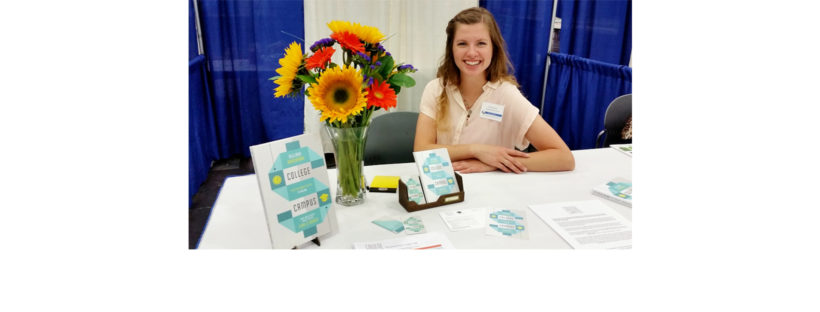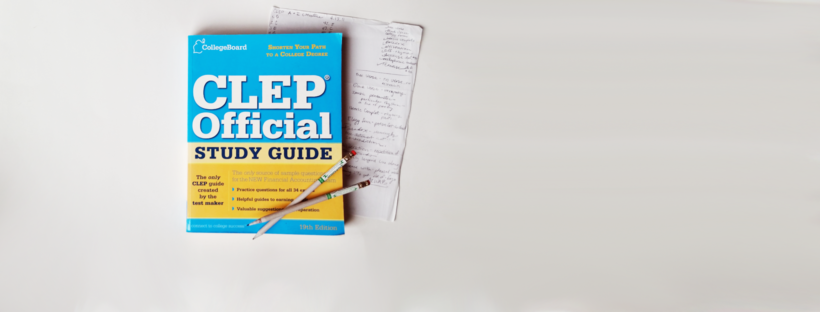What do zombie fans, Marvel hero impersonators, and homeschoolers have in common?
They could all be found at the Oregon Convention Center in Portland on the same weekend! My latest Portland adventure took me to the OCEANetwork Christian Home Educators Conference. While this event was going on, there was also the Walker Stalker Con and the Heroes & Villains Fan Fest. The lobbies were filled with a medley of visitors!
At the conference, I vended my book and enjoyed time with my mom and sister who came along and gave me a hand. The thing I loved most was getting to talk with homeschool families about their college concerns. Over the two-day event, three questions about my book were most common:
“Is it a course?”
The most-asked question from people who walked up to my booth was, “Is this a course?” I explained that my booth name was the title of the book I wrote after graduating from college. Though College Without the Campus isn’t a course, it can be used to create a self-directed college course. In fact, the book’s outline follows the stages a student will work through during college and offers first-hand experiences and recommended resources.
“Is it online classes?”
Distance learning can easily be seen as online classes. But learning outside the classroom is far broader: it includes work experience, life skills, previous learning, and travel studies. Outside the classroom, learning takes many forms, both formal and informal. One of my goals in writing a book was to shed light on these alternate learning opportunities. This leads to the next step: how to show a college that what you know is college-level and worthy of credit.
“Is it credit-by-exam, like CLEP?”
For this question, my answer was a happy YES. I get excited to meet others who have heard of CLEP and may have even taken a CLEP exam themselves. CLEP tests are my favorite example of credit-by-exam because the subject matter is doable to learn, and students are often required to study the same material in high school, leading to a dual-credit opportunity. Other tests, such as DSST exams, are also available to earn upper level credits.
This is the essence of College Without the Campus: sharing information about credit-by-exam testing to help students save money and time. Taking the best elements of traditional college courses, online classes and credit-by-exam testing, the book moves readers from aspiration and desire to actualization and completion. And that’s something even zombies and Marvel heroes can get excited about!


![]()



